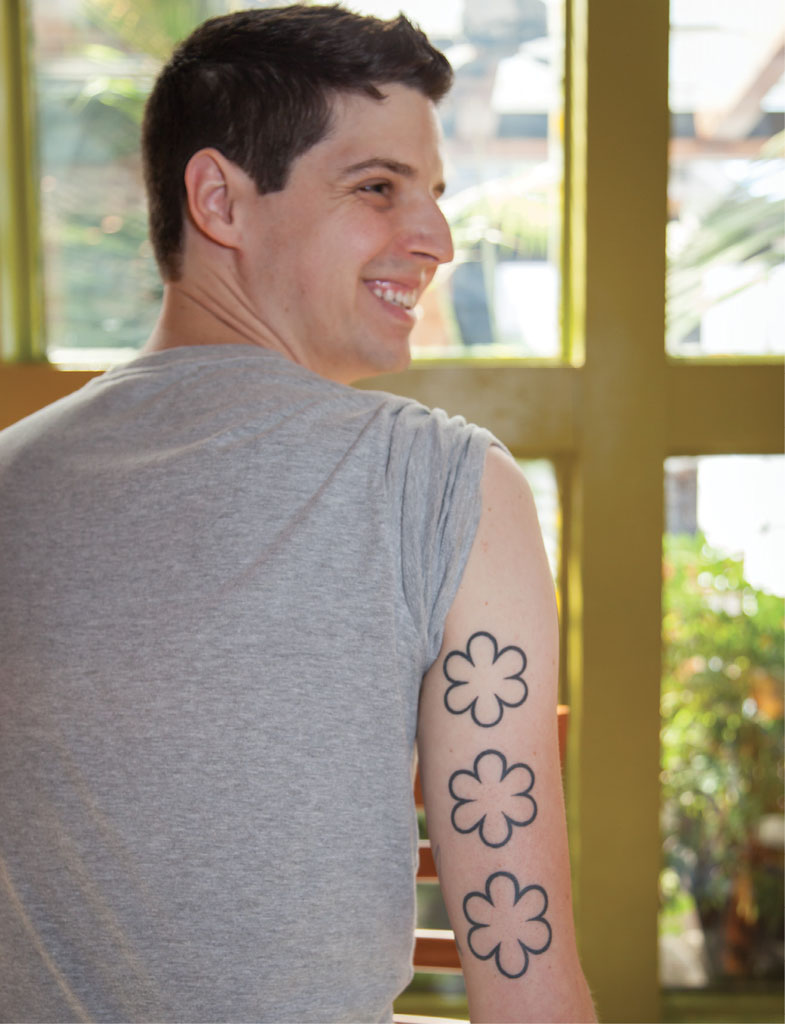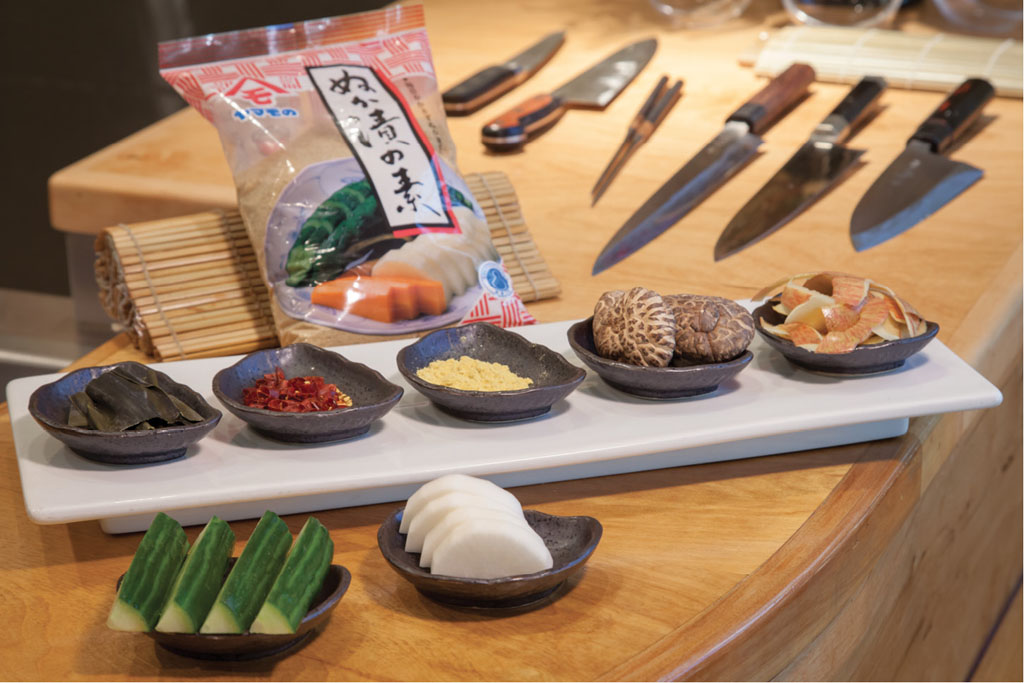

“If I want something I will get it. I am ambitious, I am a fighter, I am going to be successful.”
—Scott Malloy
You might say that Scott Malloy was born to cook. Not only was his mother a culinary school student at Johnson & Wales University; his dad had a history of working as a cook at one of the best country clubs in Columbus, Georgia; his grandmother went to culinary school in Germany; and his great grandfather owned a restaurant in Boston. However, despite his culinary lineage, Scott didn’t plan on becoming a chef. He was enrolled in auto mechanics school, and it wasn’t until after he graduated high school that he made the fateful decision to pick up a chef’s knife over a socket wrench. He had the opportunity to go to Johnson & Wales like his mother, but after assessing the cost, he opted for Nashville State Community College. He had a grant that would cover his schooling if he stayed in Tennessee, and the decision hasn’t hurt him in the least.
Scott seems to have aimed high from the beginning. He always aimed to work at the best restaurant his skills would allow him to, and he took on any and all challenges with the tenacity of his youth. When offered a chance to work a trial shift at Graham Elliot, a Chicago restaurant known for its contemporary cuisine, he jumped at it. Despite not living near Chicago, he says, “I drove up, worked a shift, and drove back, all in about twenty-four hours straight. It was a little crazy.” But the next day, they called and offered him a job as chef de partie. Despite chef Graham Elliot’s fame from television appearances and his well-known clientele, Scott wasn’t satisfied working there. “[Elliot] would come in, put on a chef’s coat, walk around the dining room and greet guests, then be the first to go home.” Scott felt like he wanted to learn from a chef that was more hands on in the kitchen.
It wasn’t until Scott took a position at L20, a modern fine dining seafood restaurant in Chicago, that he started to find the mentor he was looking for in Laurent Gras, a French-born award-winning chef who worked in top Michelin-rated restaurants in France before coming the United States. Scott says, “Laurent was always the first one there and stayed to scrub down the stations with us.” Soon after L20’s three-Michelin-star review, it became known that Laurent was going to leave because of disagreements with the owner, so one night Scott, along with several of the other chefs, went out to get tattooed with three Michelin stars as a tribute to Laurent and their time together. Scott says, “A lot of the chefs got them smaller somewhere, but I put them right down my arm. I guess it is kind of part of my ‘go big or go home’ personality.”
After he left L20 in 2011, Scott took a sous-chef position at a restaurant called Arami to pursue one of his true culinary passions, Japanese food. When he was younger, eating at a sushi restaurant in his hometown, he told the chef he was interested in learning to cook sushi. Scott says, “He asked to grab my hands and told me they were too warm and I could never be a sushi chef because I would cook the fish. I was hooked! How could this guy know just from grabbing my hands?” In late 2012 Scott left to take a cooking position at the more casual restaurant Yusho and explore another part of Japanese cuisine, street food.
Scott tattooed an octopus on his right shoulder as the start of a sleeve of all Japanese fish. But his first tattoo was the knife and toque, or chef’s hat, on his left arm, which he got to celebrate his graduation from culinary school. He also has a line of veggies on his right leg. Scott says, “The veggies are on my leg because I feel like they are the base of cuisine. It started with the carrot, celery, and onion, or mirepoix as known by chefs.”
When asked what’s next, Scott admits he has plans to open his own restaurant. But when it comes to pursuing his own three Michelin stars, he doesn’t think he is crazy enough to ever pursue that … but he does admit that one would be nice.
Scott is a Japanese-trained chef, and this traditional Japanese pickling technique speaks to his passions.

NOTES FROM THE CHEF
You can pickle anything from radishes to cucumbers, eggplant, carrots, etc. Cucumbers may only take 2 to 4 hours to pickle once you have a live active nuka bed, while carrots and other heartier vegetables may take a day or two. Much of this depends on your flavor preference.